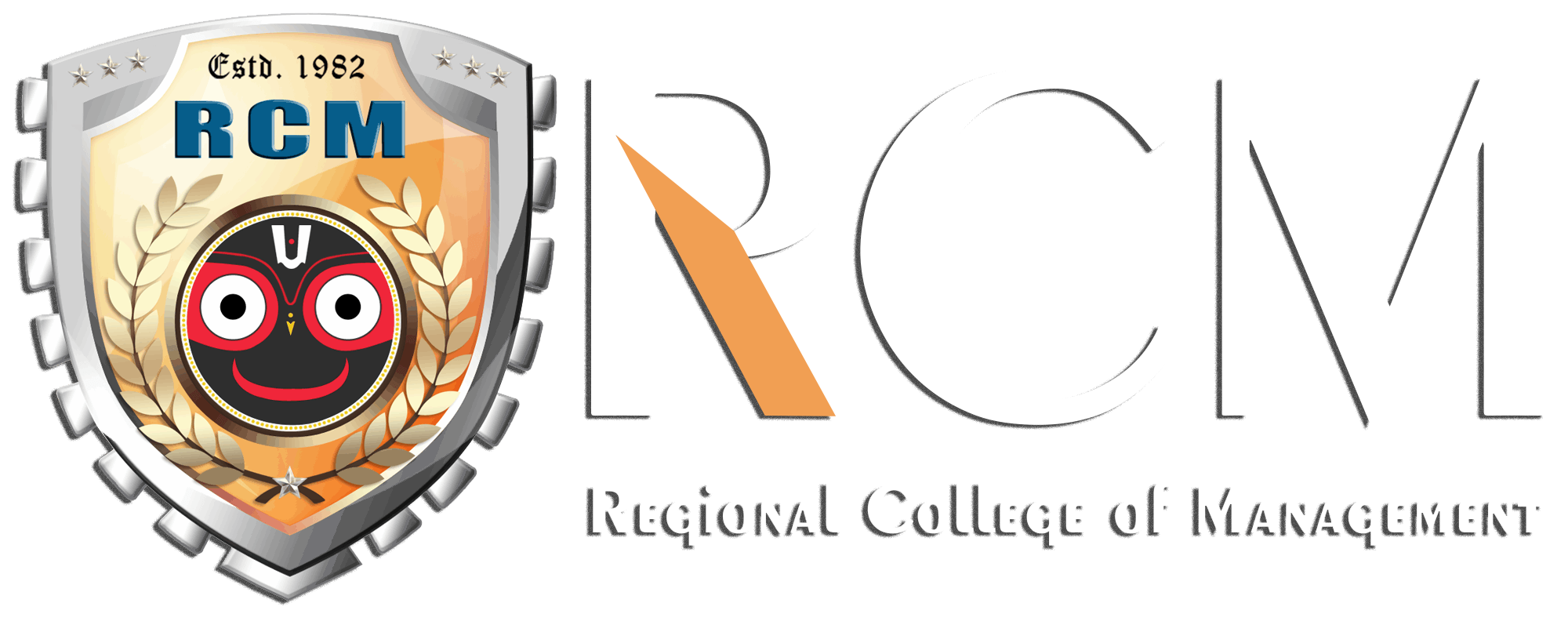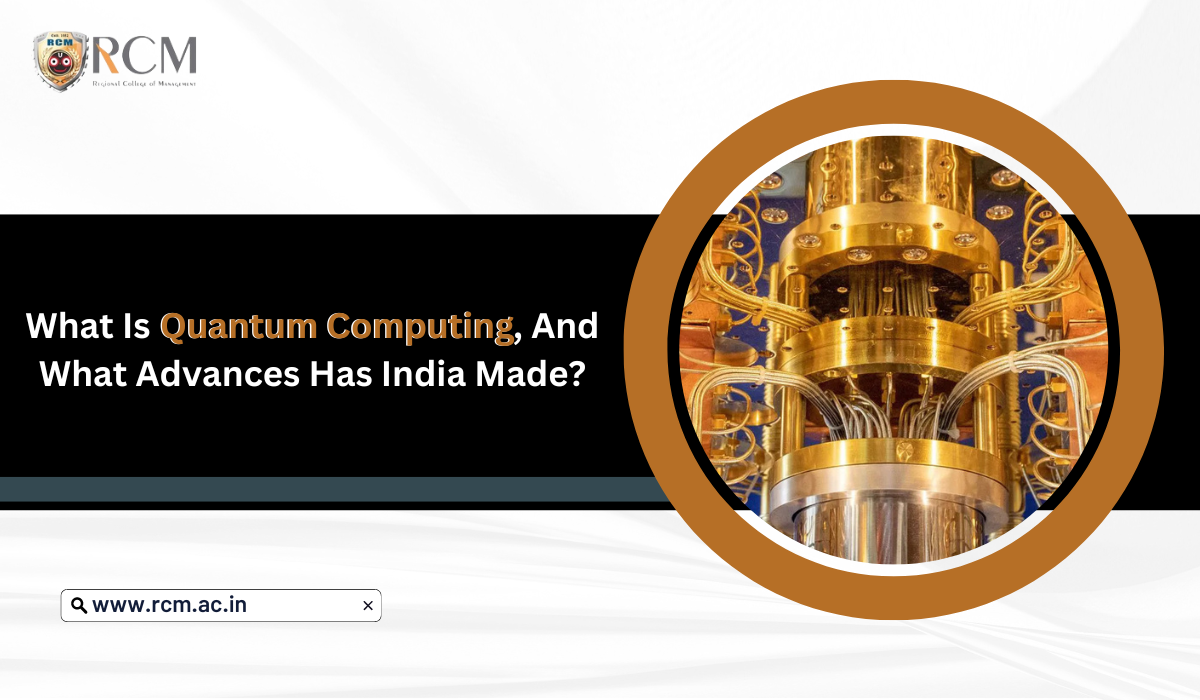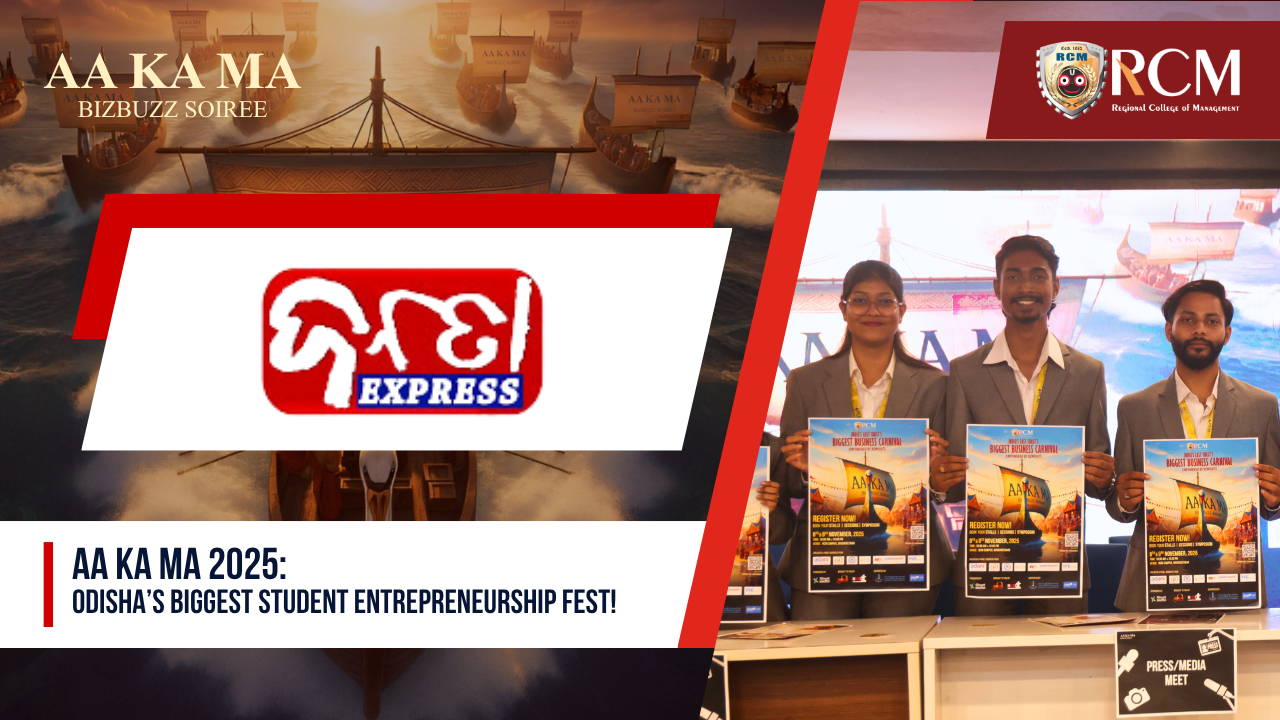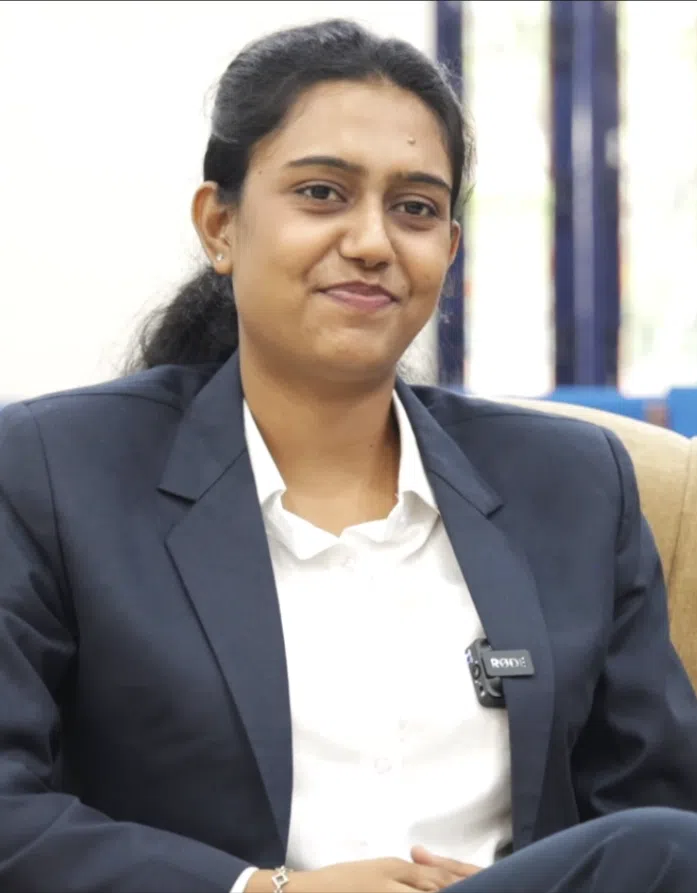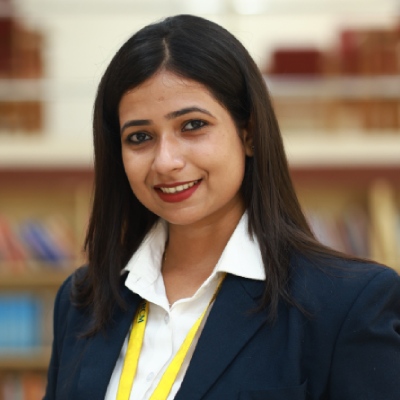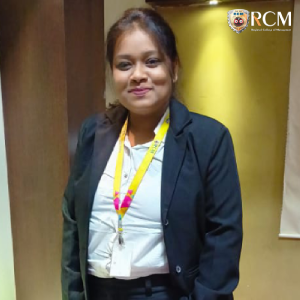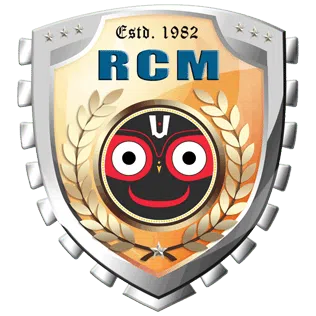Before we proceed to any further scenario it is really crucial to know about this new approach to computation which is the quantum computing that uses the quantum principles mechanism. This is a branch of physics that elaborates on the nature of matter and atomic energy and also the subatomic level.
Information in traditional computing is represented by bits, which can have a value of 0 or 1. Although information in quantum computing is represented by quantum bits, or qubits, which can be in a state of 0, 1, or a superposition of both at the same time.
Although quantum computing is still in its early stages and is mostly used for research and development, it has the potential to revolutionise fields like cryptography, drug development, and artificial intelligence.
What Exactly Is Quantum Computing?
According to the National Association of Software and Service Companies (NASSCOM), quantum computing is a new field that uses basic quantum mechanics principles to process information at breakneck speeds. Quantum bits, or qubits, are used in quantum computers. A qubit is constructed from electrons or photons. Their spin or polarisation represents the quantum’s state, respectively.
According to Microsoft, the quantum in “quantum computing” refers to the quantum mechanics that the system uses to calculate outputs. A quantum is the smallest discrete unit of any physical property in physics. It usually refers to atomic or subatomic particle properties such as electrons, neutrinos, and photons.
Quantum computing uses the peculiar properties of quantum physics, like superposition, entanglement, and quantum interference. This adds fresh ideas to conventional programming techniques.
India Will Make Advancements In It
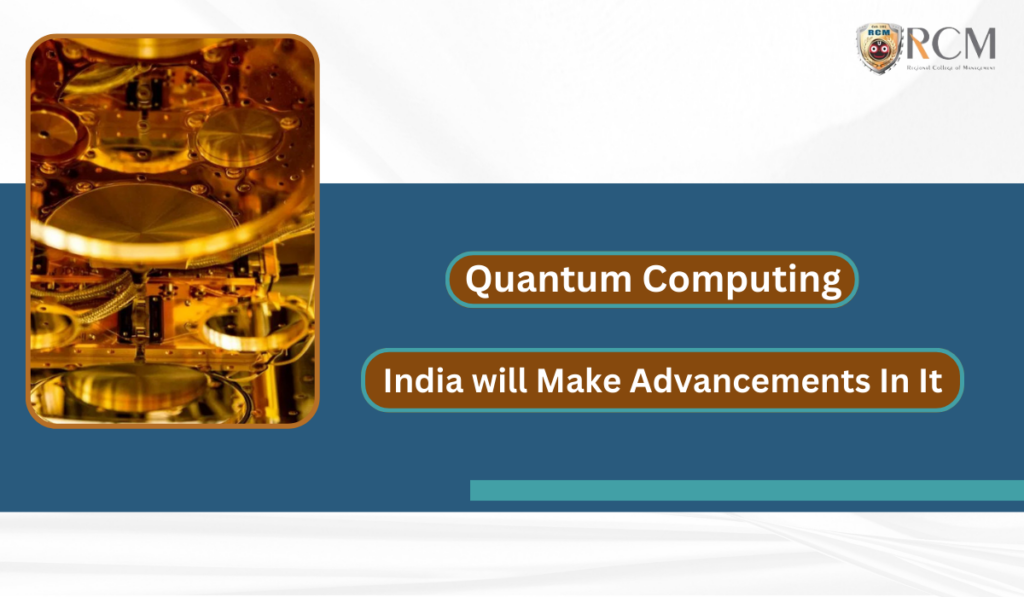
The government will establish four thematic hubs (T-Hubs) on the topics of quantum computing, quantum communication, quantum sensing and metrology, and quantum materials and devices in prestigious academic and national research and development institutions.
The National Quantum Mission has been given approval by the central government, according to Union ministers Anurag Thakur and Jitendra Singh, who made the announcement today during a briefing for the Cabinet. The mission’s goal is to promote economic growth fueled by quantum technology and put India at the forefront of this industry.
Anurag Thakur, a Union Minister, stated that the mission would last from 2023–2024 to 2030–31 and cost a total of 6,003.65 crore. He claimed that by making this choice, India’s technological development would reach new heights.
One of the most significant actions taken by the government in the previous nine years, according to Mr. Singh, was the decision to start the National Quantum Mission.
According to the minister, India is the country that uses information technology the most, and quantum technology has a direct bearing on this. After the United States, Austria, Finland, France, and China, India will be the sixth nation to have a dedicated quantum mission.
Advantage For The Nation
According to Mr. Singh, the mission can raise the nation’s ecosystem for technological development to one that is competitive on a global scale.
The mission would be extremely beneficial for the financial, energy, communication, health, and pharmaceutical industries, as well as for space applications.
According to Mr. Singh, it will significantly advance national priorities like the Sustainable Development Goals (SDG), Makes in India, Stand-up India, Start-up India, and Digital India.
